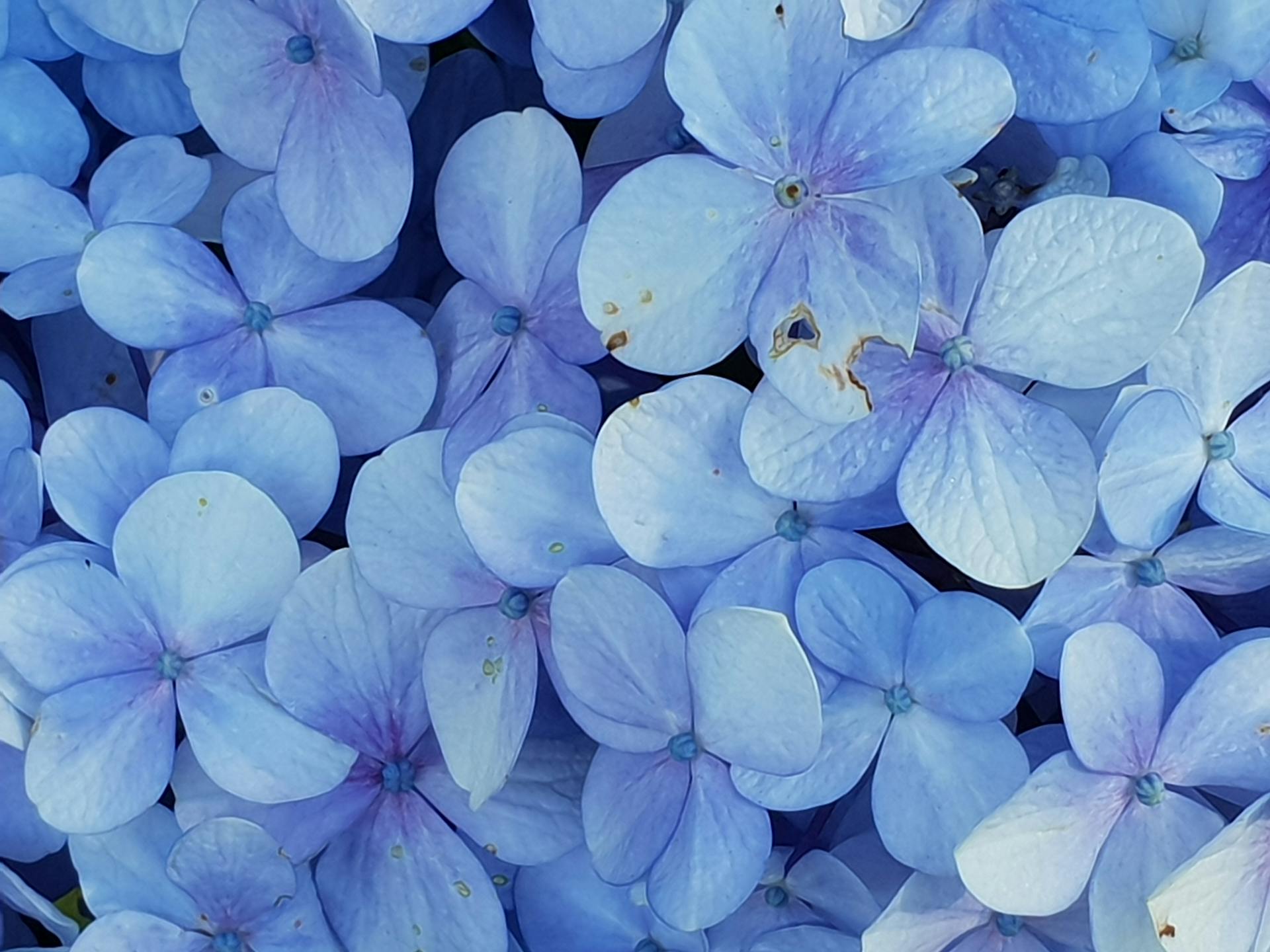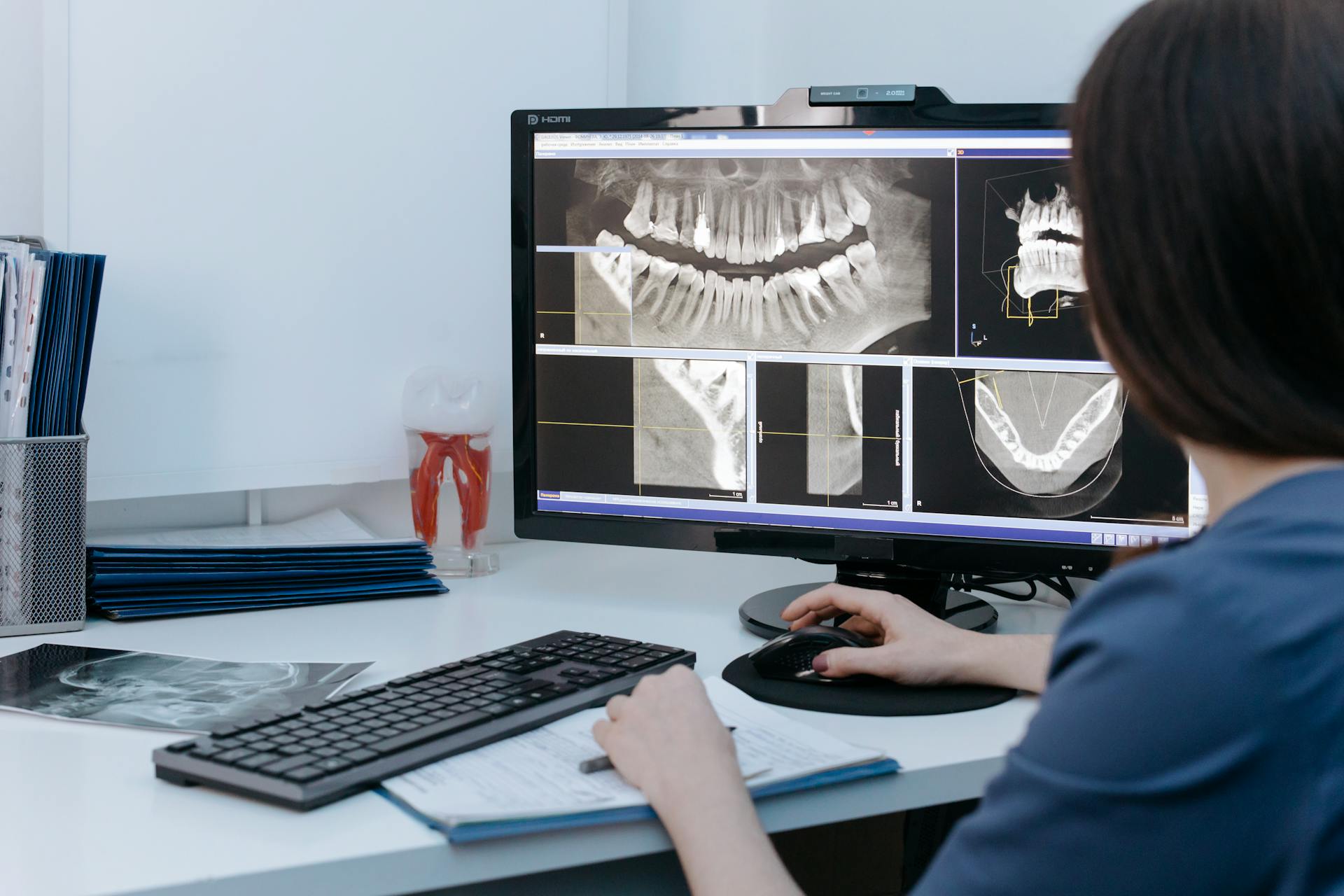
There are many reasons why teeth may not be as white as desired. Some of the more common reasons include:
- genetics: Some people are simply born with teeth that are not as white as others. This is due to the natural color of the enamel, which can vary from person to person.
- diet: What we eat and drink can have a big impact on the color of our teeth. Foods and drinks that contain high levels of pigment can stain our teeth, making them appear darker.
- smoking: Smoking is one of the most common causes of teeth discoloration. The nicotine and tar in cigarettes can cause the teeth to turn yellow or brown.
- age: As we age, our teeth can become stained and discolored due to the accumulation of pigment on the surface of the teeth.
- oral hygiene: Poor oral hygiene can lead to the buildup of plaque and tartar on the teeth, which can make them appear yellow or brown.
There are many ways to achieve whiter teeth, including:
- professional teeth whitening: This is done by a dentist or other qualified professional and involves the use of powerful bleaching agents to remove stains and discoloration.
- at-home teeth whitening: There are many products available for at-home teeth whitening, including gels, strips, and toothpastes. These products typically contain lower concentrations of bleaching agents than professional treatments and take longer to achieve results.
- lifestyle changes: Making changes to your diet and oral hygiene habits can help to prevent teeth stains and discoloration. Avoiding foods and drinks that can cause staining, and brushing and flossing regularly, can help to keep teeth looking their best.
Curious to learn more? Check out: Teeth Yellow
What are some common causes of teeth discoloration?
Teeth discoloration occurs when the outermost layer of tooth enamel is stained or when the inner layer of dentin becomes yellowed. Common causes include:
* Consumption of staining foods and drinks such as coffee, tea, and red wine. * Smoking cigarettes or using other tobacco products. * Poor dental hygiene habits. * Use of certain medications, such as tetracycline antibiotics. * Exposure to too much fluoride during the formative years of tooth development. * Trauma to the teeth. * Teeth grinding (bruxism).
There are two main types of teeth discoloration: extrinsic and intrinsic. Extrinsic staining occurs on the surface of the teeth and is often caused by the factors listed above. Intrinsic staining occurs when the inner structure of the tooth (the dentin) becomes stained. This type of staining is often more difficult to treat than extrinsic staining.
There are a number of ways to treat teeth discoloration, depending on the underlying cause. Professional teeth whitening is often effective for treating extrinsic staining. For intrinsic staining, dental veneers or crowns may be required. In some cases, the discoloration may be removed with a combination of professional teeth cleaning and at-home teeth whitening.
How can I prevent my teeth from becoming discolored?
Most people believe that they are doing everything they can to prevent their teeth from becoming discolored. However, many of the common foods and drinks we consume can actually lead to our teeth becoming discolored. To help prevent your teeth from becoming discolored, here are some tips to follow:
1. Use a straw when drinking beverages that can cause staining.
2. Rinse your mouth with water after consuming foods or drinks that can lead to staining.
3. Brush your teeth twice a day and floss daily.
4. Consider using a whitening toothpaste or mouthwash.
5. Have your teeth professionally cleaned by a dentist every six months.
6. Avoid smoking cigarettes or using other tobacco products.
7. Limit your consumption of coffee, tea, and red wine.
8. Eat plenty of crunchy fruits and vegetables like apples, celery, and carrots, which can help clean your teeth as you eat them.
Following these tips can help you prevent your teeth from becoming discolored. However, it is important to remember that even if you do everything right, your teeth may still become stained or discolored over time. If this happens, there are still options available to help you restore your teeth to their original whiteness.
What are some effective ways to whiten teeth?
There are a few effective ways to help keep your teeth looking their best and brightest. Some simple tips are to brush and floss your teeth every day, use a whitening toothpaste, and avoid foods and drinks that can stain your teeth.
If you are looking for a more dramatic change, you can try teeth whitening treatments at your dentist’s office or at home. In-office treatments usually take one hour or less and can make your teeth several shades lighter. At-home treatments usually take a couple of weeks to work and can make your teeth a few shades lighter.
If you are pregnant or breastfeeding, you should avoid teeth whitening treatments. If you have sensitive teeth, talk to your dentist before whitening your teeth to make sure the treatment is right for you.
To help keep your teeth looking their best, brush and floss your teeth every day, use a whitening toothpaste, and avoid foods and drinks that can stain your teeth. If you are looking for a more dramatic change, you can try teeth whitening treatments at your dentist’s office or at home.
Discover more: Why Do My Teeth Keep Chipping?
What are the risks associated with teeth whitening?
There are a number of risks associated with teeth whitening, particularly when the procedure is carried out by an inexperienced or unqualified practitioner. These risks can include:
Tooth sensitivity: This is the most common side effect of teeth whitening and is caused by the bleaching agents used to whiten the teeth. The agents can cause the tooth enamel to become more porous, which leads to increased sensitivity to hot and cold drinks and foods.
Gum irritation: The bleaching agents used in teeth whitening can also cause irritation and inflammation of the gums. This can lead to pain, redness and swelling of the gums.
Burns: In some cases, the bleaching agents used in teeth whitening can cause burns to the gums and lips. This is more likely to occur if the bleaching agents are in contact with the gums for an extended period of time.
Allergic reactions: Some people may be allergic to the bleaching agents used in teeth whitening. This can lead to swelling, itching and redness of the skin. In some cases, people may also experience difficulty breathing.
Damage to tooth enamel: The bleaching agents used in teeth whitening can cause damage to the tooth enamel. This can make the teeth more susceptible to decay and staining.
If you are considering having your teeth whitened, it is important to consult with a qualified dental professional to assess whether the procedure is suitable for you and to discuss the possible risks and side effects.
A fresh viewpoint: Tooth Fairy
Are there any natural methods for whitening teeth?
The short answer is yes, there are a few natural methods that can help to whiten teeth. These include using baking soda, using hydrogen peroxide, and using lemon juice.
Baking soda is a naturally abrasive substance that can help to remove surface stains from teeth. To use baking soda to whiten teeth, simply wet a toothbrush and dip it into some baking soda. Then, brush your teeth as normal.
Hydrogen peroxide is another substance that can help to remove surface stains from teeth. To use hydrogen peroxide to whiten teeth, simply mix equal parts hydrogen peroxide and water. Then, use a toothbrush to brush your teeth with the mixture.
Lemon juice is also effective at removing surface stains from teeth. To use lemon juice to whiten teeth, simply mix equal parts lemon juice and water. Then, use a cotton ball to apply the mixture to your teeth. Let the mixture sit on your teeth for a few minutes before rinsing it off.
While these natural methods can help to whiten teeth, it is important to note that they will not work as well as professional teeth whitening treatments. If you are looking for a more dramatic change in the color of your teeth, you will need to see a dentist for a professional whitening treatment.
You might enjoy: Remove Tartar
How long do teeth whitening results last?
How long do teeth whitening results last? This is a question that many people ask after having their teeth professionally whitened. Unfortunately, there is no one definitive answer to this question because it can vary from person to person. However, in general, most people can expect their teeth whitening results to last anywhere from several months to a couple of years.
There are a few factors that will affect how long your teeth whitening results will last. One of the most important factors is how well you take care of your teeth after they have been whitened. This means that you will need to avoid foods and drinks that can stain your teeth, and you will need to brush and floss regularly. If you do not take proper care of your teeth, your whitening results will not last as long.
In addition, the type of whitening treatment that you receive will also affect how long your results last. For example, those who receive in-office whitening procedures will typically have longer lasting results than those who use at-home whitening kits. This is because professional whitening treatments are more concentrated and powerful than at-home kits.
Finally, your teeth’s natural color will also play a role in how long your teeth whitening results last. Those with yellow teeth will typically see their results last longer than those with white teeth. This is because it is harder to achieve a significant change in color when your teeth are already white.
Overall, there is no definite answer as to how long teeth whitening results last. However, by taking proper care of your teeth and choosing the right whitening treatment, you can prolong your results for as long as possible.
Broaden your view: Why Are My Teeth Not Whitening?
How much does teeth whitening cost?
Teeth whitening is a popular cosmetic procedure that can be done at home or by a professional. The most common method of whitening teeth is through the use of bleaching products that contain hydrogen peroxide or carbamide peroxide. These products work by breaking down the stains on teeth and making them brighter.
At-home teeth whitening kits can be bought over the counter or online. They typically cost between $25 and $100. Professional teeth whitening, which is done in a dental office, can cost between $500 and $1,000. The price will depend on the severity of the staining and the type of whitening procedure used.
Teeth whitening is generally safe for most people. However, some people may experience side effects such as tooth sensitivity, gum irritation, and bleaching of the surrounding skin. These side effects are usually temporary and will go away with time.
Is teeth whitening safe for everyone?
There is no one-size-fits-all answer to the question of whether teeth whitening is safe for everyone. Depending on the type of whitening treatment used, as well as the individual's overall oral health, there could be some risks involved. However, when done under the supervision of a dentist, teeth whitening is generally considered safe.
One of the most common teeth whitening treatments is bleaching, which uses a peroxide-based bleaching agent to remove stains and discoloration. When used in high concentrations, hydrogen peroxide can be corrosive, which is why it's important to have a dentist apply it, rather than trying to do it at home.
There are also some over-the-counter teeth whitening products that use lower concentrations of hydrogen peroxide and are considered safe for at-home use. However, it's important to follow the directions carefully and to not overuse the product, as this could increase the risk of irritation or damage to the teeth and gums.
People with certain medical conditions, such as gum disease, tooth decay, or acid reflux, may be at higher risk for complications from teeth whitening. It's important to talk to a dentist before undergoing any whitening treatment, to make sure it's safe for you.
Overall, teeth whitening is a safe and effective way to improve the appearance of your smile. However, it's important to consult with a dentist before undergoing any treatment, to make sure it's the right choice for you.
Related reading: When Your Parents Aren't Home?
What are the side effects of teeth whitening?
The side effects of teeth whitening can include tooth sensitivity, gum irritation, and bleaching of the teeth. Tooth sensitivity is the most common side effect and can be caused by the bleaching agents used in the whitening process. Gum irritation can also occur, particularly if the whitening gel comes in contact with the gums. In some cases, the bleaching agents used in teeth whitening can also cause bleaching of the teeth. This is usually temporary and will resolve itself once the whitening process is complete.
Frequently Asked Questions
Why are my teeth discolored?
There are many possible reasons why teeth might be discolored, ranging from minor lifestyle changes (such as diets high in red meat) to more serious health conditions. In most cases, tooth discoloration is the result of damage to the tooth's surface layer, known as enamel. This damage can occur due to a variety of factors, including: genetics - Some people are simply more likely to develop tooth discoloration than others. - Some people are simply more likely to develop tooth discoloration than others. diet and hygiene - Excessive exposure to certain foods and pollutants can Damage enamel and lead to tooth discoloration. For example, strenuous chewing (viewed as an activity associated with gum disease) can also wear away enamel. Smoking and drinking excessive amounts of alcohol can also cause dental problems that can affect enamel formation and coloration. - Excessive exposure to certain foods and pollutants can Damage enamel and lead to tooth disc
What are the different types of tooth discoloration?
Intrinsic tooth discoloration – This happens when the natural color of the tooth’s dentin (the inner layer) is stained. Nail varnish, seborrheic dystrophy, hydrogen peroxide or other coloring materials can cause intrinsic stains.
What does it mean when your teeth change color?
Tooth discoloration can be referred to as a change in color of teeth. It can be caused by various factors such as drinks, foods and lifestyle habits. There are three main types of tooth discoloration- result from external agents such as tobacco use, intrinsic factors (heredity), or teratogens (occupational hazards). Most cases of tooth discoloration are due to extrinsic factors such as beverage drinking and certain dieting habits. The most common types are coffee, tea, red meat, processed foods and excessive sugar intake.
What causes tooth crown discoloration?
Teeth can discolor in a variety of ways, depending on the cause. External factors that can cause tooth discoloration are: -Injuries: Trauma to the teeth can cause tooth discoloration as a result of bleeding into the enamel and dentin, which changes their color. Trauma to other nearby tissues, such as gums or cheeks, may also cause secondary discoloration. -Caries: Damage to the teeth from acidosis (lack of oxygen) or bacteria can lead to tooth discoloration. This is most common in young children and often resolves without any treatment. discolored areas sometimes do not return to their original color even after several years. -Drugs and toxins: Exposure to certain drugs and toxins, such as mercury, can stain teeth and make them more likely to develop cavities. -Prescription medications: Some prescription medications, such as lithium andboldenone, contain substances that
What causes teeth discoloration in adults?
Tooth discoloration in adults can be caused by a number of factors, such as tobacco use, drinking coffee or tea, eating foods that stain teeth, exercising intensely, and being inactive. Improper dental hygiene can also lead to tooth discoloration.
Sources
- https://centralpark.dental/arent-teeth-white/
- https://www.smilebrilliant.com/articles/teeth-whitening-expectations/
- https://www.amherst-dentist.com/teeth-white/
- https://www.personaldentaloffice.com/blog/myth-fact-are-teeth-supposed-to-be-white/
- https://www.austincosmeticexcellence.com/blog/5-reasons-your-teeth-arent-white-anymore
- https://triangledentistry.com/how-come-my-teeth-are-not-white-when-i-brush-them-every-day/
Featured Images: pexels.com


